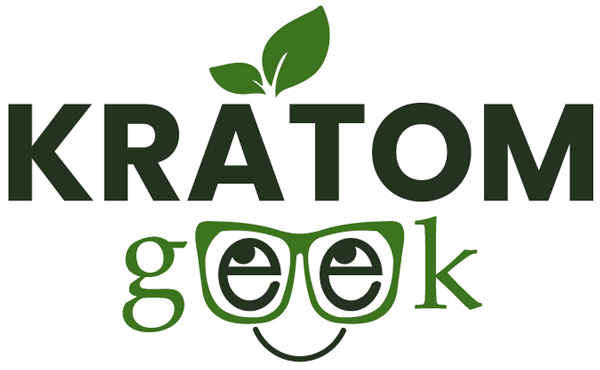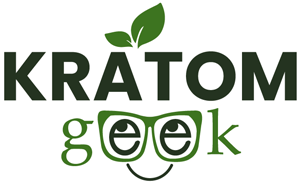From setting goals and minimizing distractions, to exercising and taking supplements, there are various ways to improve focus and increase productivity. Different methods may work better for different people. Continue reading to see which methods may work best for you.
Set Daily Goals
Before you work on improving your focus on a given task, remember to set daily goals. Lay out all of the things you need to accomplish, then make a schedule of when those tasks need to be completed. Getting organized and committing to consistent, daily activities are key to improving overall productivity.To set daily goals, be sure to do the following:
- Focus on a few goals at a time: Don’t overwhelm yourself by having too many goals. Focus on 3 or 4 goals a day, and break up the goals into daily or weekly steps if necessary.
- Write them down: Always write down your goals, remembering to include your daily, weekly, monthly, yearly, and life goals.
- Set deadlines: Setting a deadline on a goal makes it feel more like an accomplishment when it’s completed.
- Don’t schedule your entire day: While setting daily goals is important, you don’t need to schedule your entire day. Give yourself enough free time to enjoy life while you accomplish your dreams.
Exercise Regularly
Exercising regularly works wonders on nearly every aspect of life. Of course, exercise can reduce the risk of health problems, help maintain a healthy weight, and take care of your mental health, but it can do a lot for focus and productivity as well. Exercise itself has direct and indirect benefits. For instance, research into the subject has found one direct benefit in that “regular aerobic exercise, the kind that gets your heart and your sweat glands pumping, appears to boost the size of the hippocampus, the brain area involved in verbal memory and learning.” Moreover, exercise indirectly benefits cognitive functioning when it comes to its relationship with sleep, among other things.
A few ways to fit more exercise into your day include:
- Exercise early in the morning
- Walk or bike to work
- Walk or bike to restaurants or stores
- Park further away from your office
- Find a workout buddy
- Do house or yard work
- Propose walking meetings
- Make an exercise schedule
Sleep Well
Sleep is essential to brain function. Although the biological purpose of sleep remains elusive, it is clear that a lack of sleep has a negative impact on the brain and body.
- Get 7-9 hours of sleep a night
- Increase exposure to bright light during the day
- Don’t consume caffeine late at night
- Don’t take long daytime naps
- Maintain a regular sleep cycle
- Optimize your bedroom environment
- Try taking the supplement melatonin, or other supplements that can support relaxation, such as kratom
Take Breaks
A study in the journal Cognition found that “brief diversions from a task can dramatically improve one’s ability to focus on that task for prolonged periods.” Essentially, spending too much time on a task without a break actually leads to a decreased amount of focus and productivity. Remember to always divide up tasks, giving yourself plenty of breaks to reset your mind.
Below are a few ways to take a break during school or work:
- Go for a walk or run
- Meditate
- Read or write
- Have a snack or drink some water
- Tidy up your space
Try Supplements
While research on supplements is not reviewed or approved by the FDA, that doesn’t mean supplements don’t offer any help or support to users. There are many supplements that have the potential to improve concentration or focus and contribute to productivity.
Below are a few supplements to consider:
- Vitamin B: Vitamin B plays a significant role in physiological and neurological functioning. If you are low on vitamin B, taking a supplement may help with focus.
- Caffeine: Numerous studies show the various benefits of caffeine, and that “combination of moderate levels of L-theanine and caffeine significantly improved accuracy during task switching and self-reported alertness and reduced self-reported tiredness.”
- Omega-3 fatty acids: Omega-3s contain Eicosapentaenoic acid (EPA) and docosahexaenoic acid (DHA), compounds found in oily fish. Consuming omega-3s helps your brain and body build cell membranes and may potentially contribute to improved thinking skills.
- Kratom: Kratom, a natural botanical, may have several uses. Different strains of kratom may help with focus, staying on task for better productivity, social awareness, and more.
It is important to remember that when it comes to vitamins, supplements are largely only beneficial if you have a deficiency. Other herbal supplements, like kratom, do not supply any essential vitamin or nutrient, but instead may provide temporary effects that can aid in productivity or focus.
Minimize Distractions
A study found that “it takes an average of 23 minutes and 15 seconds to get back to the task” after being distracted. Whether you’re distracted by your cellphone or by roommates, that is time you can’t get back. Minimizing these kinds of distractions is key to getting things done quickly and efficiently.
Below are a few ways to minimize distractions in your everyday life:
- Prepare your workplace each day
- Close the door when you’re working or studying
- Eliminate bad habits
- Declutter your mind
- Take breaks
- Unplug for a while
Unplug For a While
According to a study by Asurion, Americans check their phone an average of 96 times a day — and phone use is only increasing. Many Americans, however, feel that they need to cut back on phone use, and this may be true. Unplugging is one of the best ways to improve your focus.
Remember to log out of email or social media, silence notifications, and tune into nature periodically throughout the day. While you may need an email for work or school, you don’t need to “be on” all day. Take some time for yourself by unplugging. Some people may find it helpful to create a cell-phone free time. During this time, remove your phone from view. You may also wish to avoid phone interactions at the dinner table, in public, or when socializing.
Ultimately, greater productivity is achievable — and it doesn’t require massive changes to your workflow or life. Basic mental adjustments, including goal-oriented thinking and giving yourself breaks, can set the framework for success. Combining this with lifestyle changes like the use of supplements, and prioritizing sleep and regular exercise, can help keep you in optimal shape for tackling any project. Finally, productivity levels are largely influenced by your environment, so cutting out distractions and cultivating a more focus-friendly setting can be the key to unlocking your full potential.






